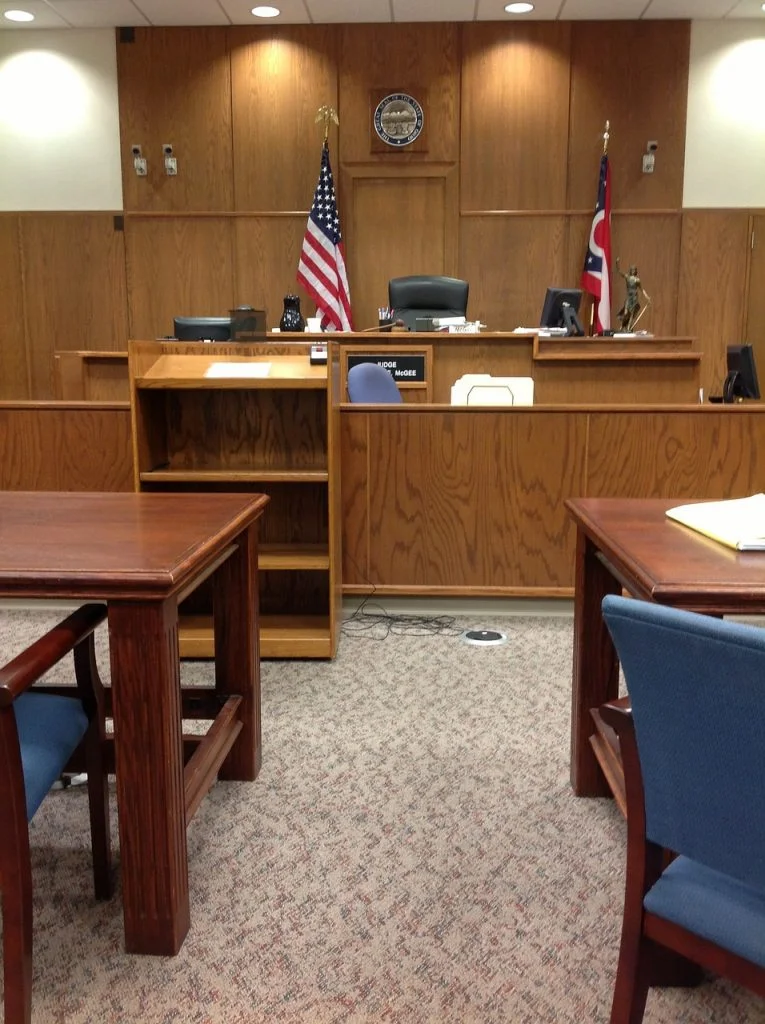All About Louisiana Drug Court Programs
All About Louisiana Drug Court Programs According to the Bureau of Justice report in 2017, an estimated 21% of incarcerated individuals in state and local jails are sentenced for crimes related to obtaining drugs or money for drugs; while over 40% of people incarcerated for property crimes and 14% of people incarcerated for violent crimes stems from drug-related reasons. According to data from the Louisiana Department of Public Safety and Corrections, as of October 2000 total prison population was 35,998, of which over 30 percent are incarcerated for drug-related crimes. Although it is not further determined the exact nature of the drug-related crimes for this data, it is noted in the report that a significant number of the 30 percent population are for charges that often have a root cause in drug abuse or distribution. Given these high numbers of drug and alcohol-related crimes, the Louisiana legislature has created the Drug Diversion Probation Program, commonly referred to as Drug Court. Under the statute, district courts operate and provide for drug and alcohol treatment programs through drug diversions. Essentially, the drug court’s goal is curtailing crimes attributed to drugs and alcohol. Thus, they created the Drug Diversion Probation Program to implement the legislature’s purposes. Who Are Eligible To Participate In The Drug Diversion Probation Program? For a defendant to be eligible for the drug diversion probation program, they must satisfy the following criteria: The defendant must not have any prior felony convictions for any offenses classified as a crime of violence; The defendant’s current charge cannot be a crime of violence, including domestic violence; driving under the influence of alcohol or any drugs that have resulted in the death of a person; or multiple counts of distribution, possession with intent to distribute, production, manufacture, or cultivation of dangerous controlled substances; The defendant must not have any other pending criminal proceedings that involve the commission of a crime of violence; If the defendant has a record of one or more felonies, then the defendant must not have been convicted of aggravated burglary or simple burglary of an inhabited dwelling; However, eligibility based on the criteria above is not sufficient to get into the drug diversion probation program. As discussed below, the judge decides whether a defendant can be accepted to the program. Who Makes The Final Determination If The Defendant Is Eligible To Participate In The Drug Diversion Probation Program? The judge decides whether the defendant is eligible to participate in the drug diversion probation program. To make a proper determination on the suitability of the defendant for the drug diversion probation program, the judge would assess numerous factors, including the recommendations of the district attorney and the defense counsel, the Examiner’s report, and other relevant information, including but not limited to: Nature of the crime charged and the circumstances involved in the crime; Whether the defendant is a first-time offender of a crime related to alcohol or drug-related offense, if the defendant has previously participated in the same or similar program, and whether they have shown any degree of success in the previous treatment program; The probability that the defendant will willfully participate and benefit from the program; Whether the program is appropriate to meet the needs of the defendant; Impact on the community of the defendant’s probation and treatment; Recommendations, if any, of the involved law enforcement agency or victim; Likelihood of obtaining restitution from the defendant throughout their probation; If there are any mitigating circumstances; Other circumstances that are reasonably related to the defendant’s case. The judge shall state their reasons for the record if they decide to reject the defendant from participating in the drug diversion probation program. What Criteria Does The District Attorney Use To Make Their Recommendation? As mentioned above, the district attorney recommends whether a defendant is deemed eligible to participate in the program to the court. The criteria used by the district attorney to determine whether they would recommend a defendant to be admitted to the drug diversion probation program are as follows: If the defendant is charged with using and possessing any narcotic drugs, coca leaves, marijuana, stimulants, depressants, hallucinogenic drugs, or significant association with alcohol or drug use, or both; If the district attorney has a reason to believe that the defendant suffers from alcohol or drug addiction, or both; and If the district attorney believes that it is in the best interest of the community and justice to provide the defendant with treatment to their addition instead of incarceration or other sanctions. What Is The Examiner’s Report, And What Does It Entail? As stated above, the judge uses an Examiner’s Report to determine whether a defendant is eligible to participate in the drug diversion probation program. The Examiner’s report is ordered by the court and is conducted by one of the court’s designated licensed treatment programs. These treatment programs are certified and approved by the State of Louisiana, and they have experience working with criminal justice clients suffering from alcohol or drug-related addictions. The report examines the defendant using standardized testing and evaluation protocols to assess whether the defendant is an eligible candidate for a treatment program. Generally, only defendants determined by the report to suffer from alcoholism or drug addiction, or both, or if they are in danger of developing alcohol or drug dependency and likely to be rehabilitated through treatment, can be considered for treatment. In addition, the Examiner may request the following information from the defendant and use these as part of their recommendation: Any prior criminal charges Educational, working or training background Family history, including their residence or ties in the community Medical and mental history, including treatments Any other information that is reasonably related to determining the treatment program’s success. In addition to the defendant’s eligibility, the Examiner’s Report would include a recommendation to the court of the level of care and length of stay for the defendant. The report’s recommendation will be forwarded to the court and the district attorney. Does The Defendant Waive





